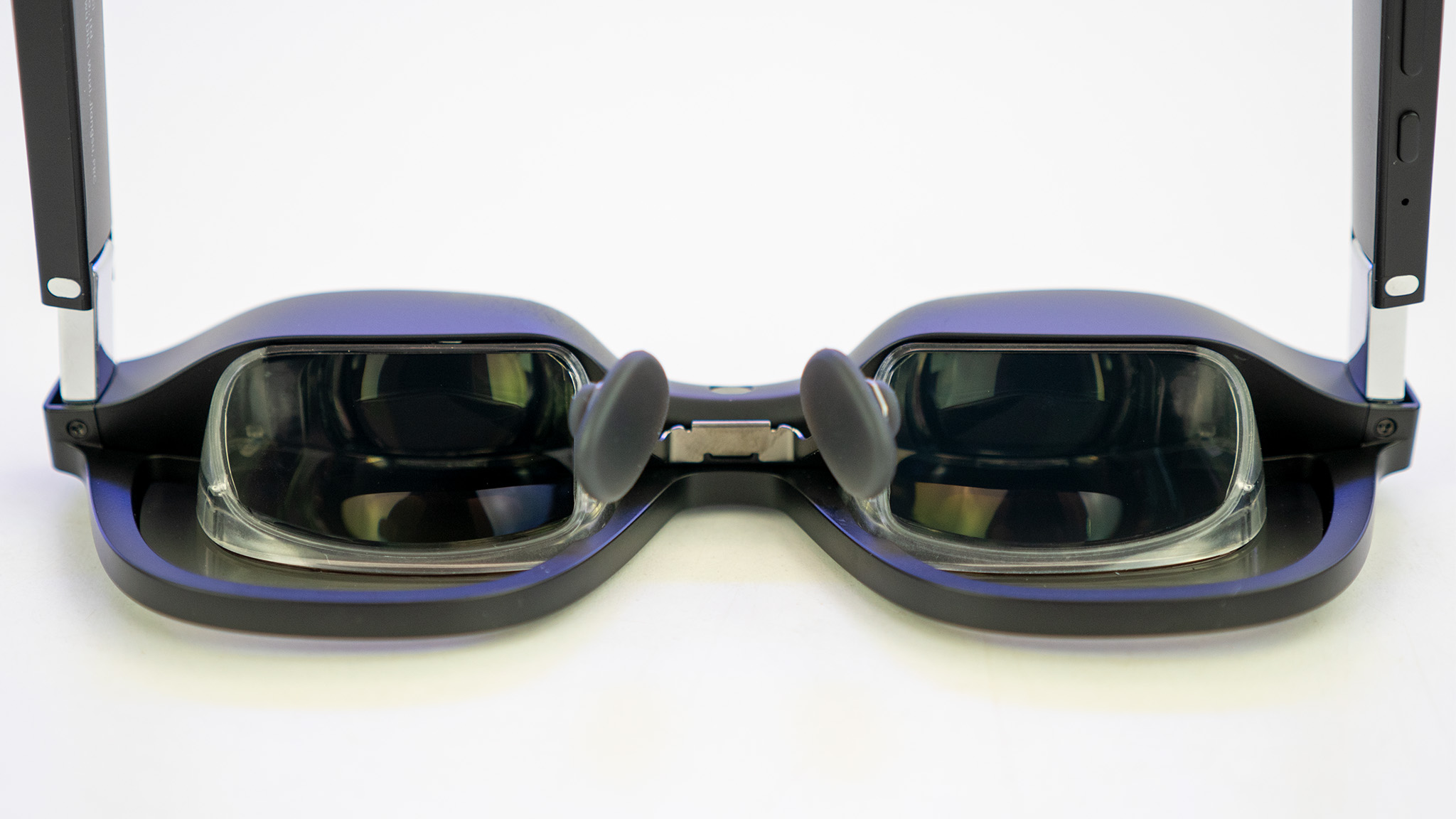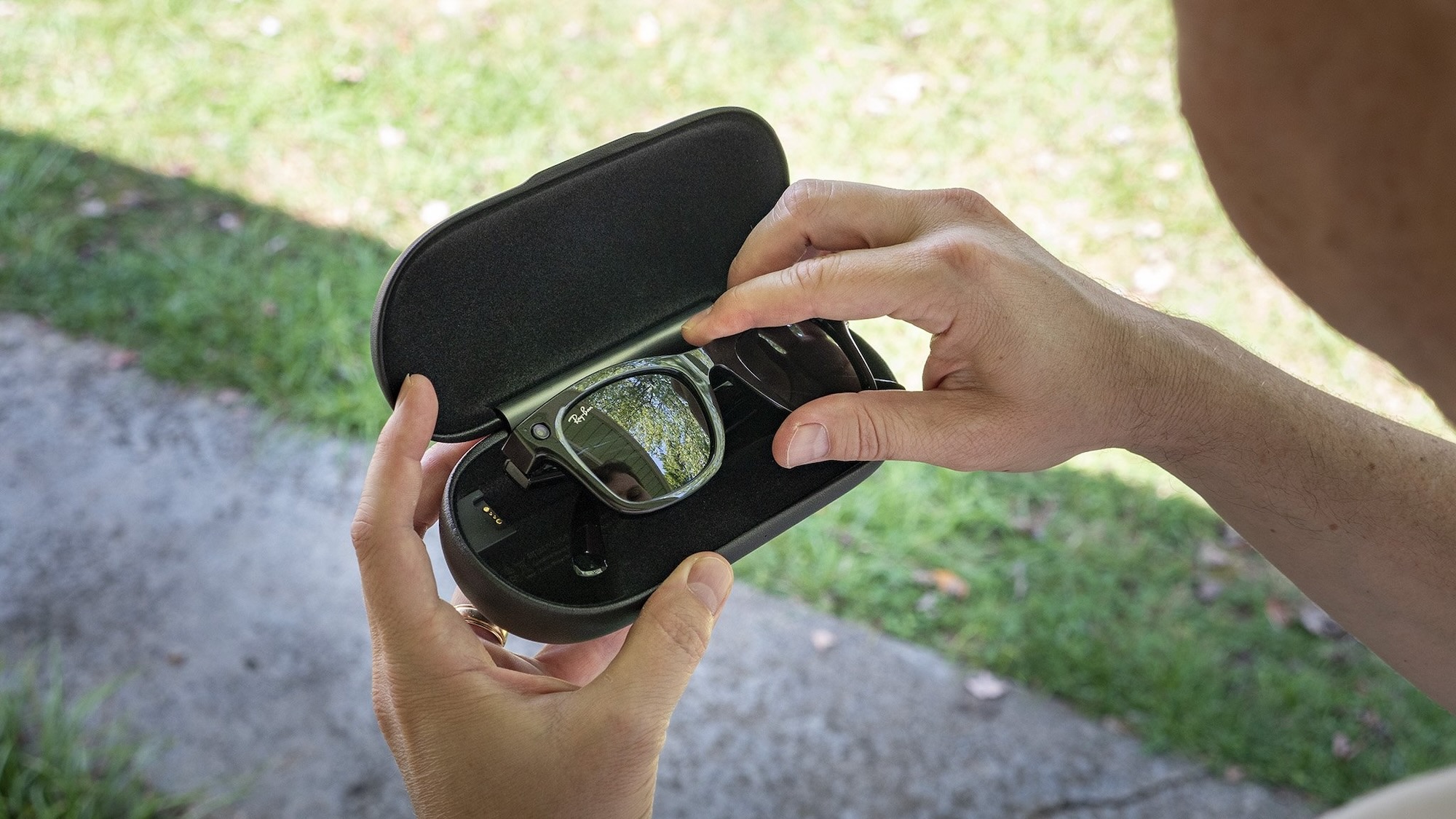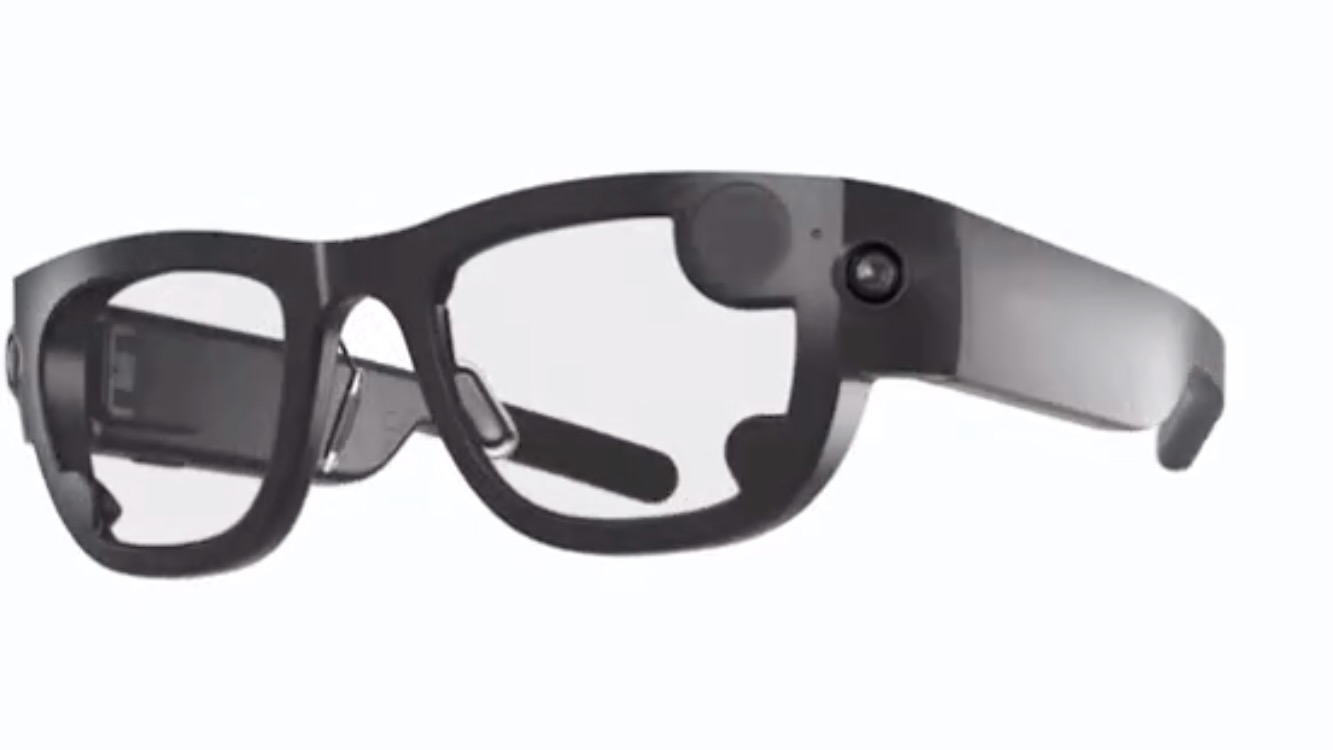Meta AR glasses woes push release to 2027; are smart glasses in trouble?
Mixed reality is going strong with Quest 3 and Vision Pro, but traditional augmented reality has a murky future.

What you need to know
- Sources in Meta's Reality Labs division tell The Information that its augmented reality glasses prototype has stalled.
- Meta's display tech, in-house processing chips, and computing "puck" have all been scaled back due to problems during production.
- Its "Orion" AR glasses will now only be shown to developers as a tech demo; the first consumer-focused AR glasses will now arrive in 2027 or later.
- Meta is still on track to release its mixed-reality Quest 3 headset later this year.
Last year, we heard internal rumors that Mark Zuckerberg was targeting a 2024 release date for Meta's first AR glasses and hoped for an "iPhone moment." Now, it appears we'll have to wait at least three more years for a consumer-ready prototype; and it's not going to be as advanced as Zuckerberg hoped.
A Wednesday report from The Information revealed the source of Meta's woes. The XR company acquired an augmented-reality display tech firm, Plessey, with the promise of high-resolution microLED displays. But now development has "stalled" due to consistent production "defects," forcing Meta to switch back to less advanced liquid crystal displays.
Although Meta will still show its microLED glasses, codenamed Orion, to developers in 2025, it won't mass produce them for consumers. Its second-generation glasses, codenamed Artemis, will arrive in 2027.
Artemis will switch to an older tech called liquid crystal on silicon (LCoS) instead. LCoS was introduced in the 1990s, and while Meta is working on LCoS to improve it," it's still last-gen technology.
While Orion had an impressive 70-degree field of view (FoV), Artemis will use a cheaper glass waveguide instead of silicon carbide, reducing the FoV to a more industry-standard 50 degrees.

The Information's Wayne Ma also revealed that Orion has a wireless "puck" meant to offload the AR glasses' computing so that they could reduce Orion's weight. Unfortunately for Meta, Ma's sources claim that they removed 3D-scanning lidar sensors and a projector from the puck.
Orion's puck will contain a 5G modem, battery, and full-color camera, but plans to "import 3D objects including faces and bodies into the digital world" and to project a shared 3D image for multiple glasses wearers at once are less likely, "due to their high cost."
Be an expert in 5 minutes
Get the latest news from Android Central, your trusted companion in the world of Android
With all of these cost-saving cutbacks to its prototypes, it's perhaps unsurprising that Meta's internal estimates for Artemis sales aren't high: employees estimate just "tens of thousands of units in their first year." Compare that to the Apple Vision Pro, which analysts believe will sell hundreds of thousands of units despite a $3,500 price tag.
Meta isn't the only company currently struggling to produce AR or XR glasses. Google recently canceled its AR glasses, while Samsung delayed its XR glasses to better compete with the Vision Pro, and Microsoft laid off its entire Hololens division.
At the same time, we've seen how AR glasses like the Nreal Air have already given us augmented reality for specific use cases like gaming and streaming. The struggles of these major companies don't necessarily mean AR is "dead."

Meta didn't comment on The Information's story. In fact, Meta Reality Labs Research PM Edward Miller posted on Threads the same day showing their AR "research device" codenamed Project Aria (shown above). They're using it to create a "hyper-accurate dynamic digital counterpart" of your surroundings.
Despite Meta's financial woes, it appears the company still fully intends to continue developing augmented reality tech, in addition to its popular virtual reality devices like the upcoming Meta Quest 3. But, of course, a lot can change between now and 2027, when Artemis (presumably) arrives.

Michael is Android Central's resident expert on wearables and fitness. Before joining Android Central, he freelanced for years at Techradar, Wareable, Windows Central, and Digital Trends. Channeling his love of running, he established himself as an expert on fitness watches, testing and reviewing models from Garmin, Fitbit, Samsung, Apple, COROS, Polar, Amazfit, Suunto, and more.
